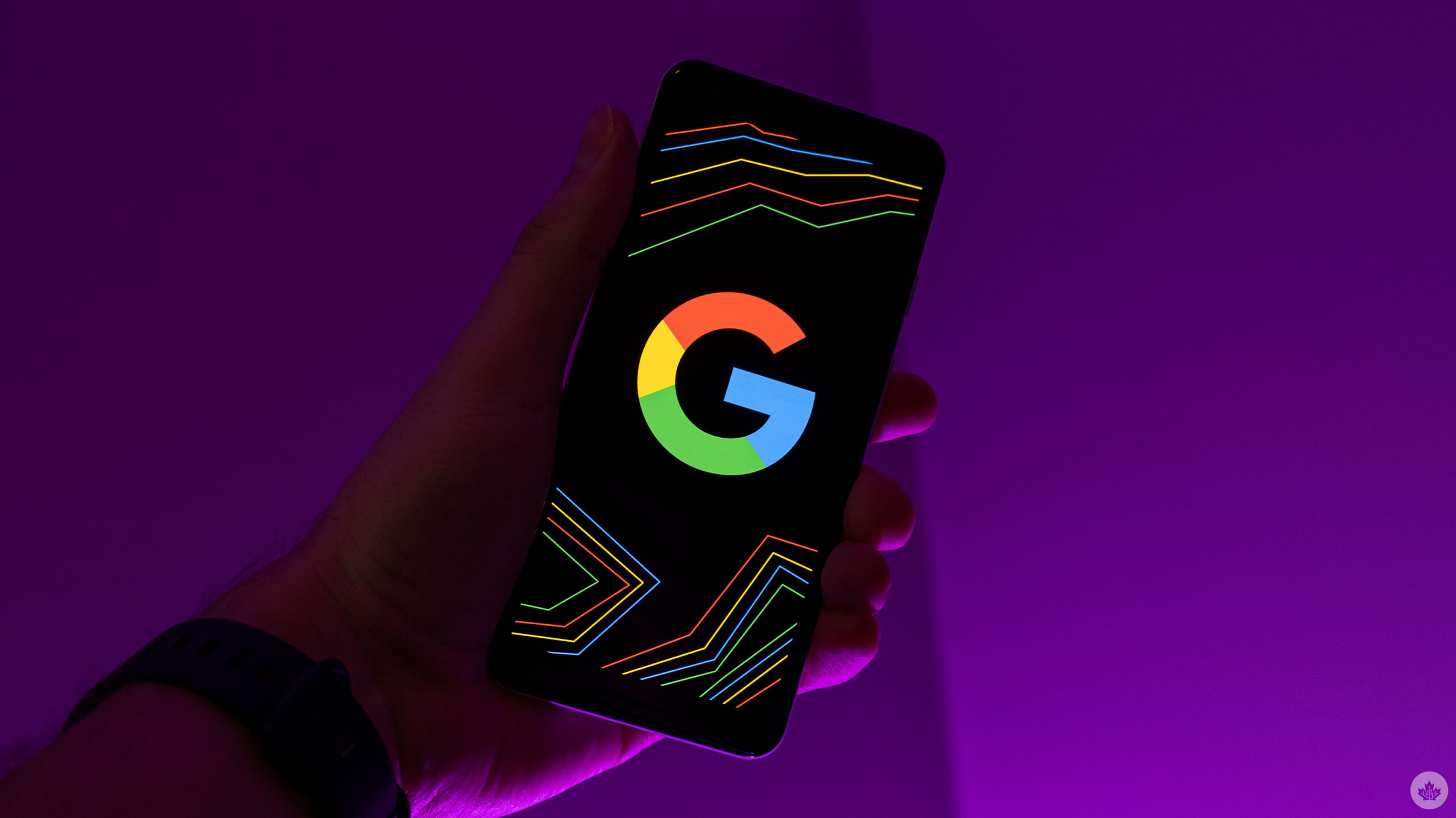
Google revealed in its 2024 Environmental Report released this week that the company’s greenhouse gas emissions jumped nearly 50 percent in the last five years. The culprit? Energy-hungry artificial intelligence (AI).
The annual report details Google’s progress (or, in this case, lack thereof) toward its goal of becoming carbon neutral by 2030. This year’s report revealed that Google released 14.3 million metric tons of carbon dioxide in 2023. That’s up 48 percent from 2019 and 13 percent higher than 2022.
“This result is primarily due to increases in data center energy consumption and supply chain emissions. As we further integrate AI into our products, reducing emissions may be challenging due to increasing energy demands associated with the expected increases in our technical infrastructure investment,” the report said.
Of course, Google isn’t alone in this. Microsoft recently revealed that its greenhouse gas emissions had increased almost 30 percent since 2020 due to the construction of data centres. And other tech giants, including Apple, Meta and Amazon, are investing heavily in AI, which will likely see further emissions increases from those companies too. It’s not just training AI or operating data centres — using AI also consumes significant amounts of energy. As pointed out by Engadget, researchers at AI startup Hugging Face and Carnegie Mellon University found that generating a single image with AI could use as much power as charging a smartphone.
Water use is also of concern, with Google’s report highlighting that its data centres and offices used 24 billion litres of water in 2023, up 14 percent from 2022, “primarily due to water cooling needs at our data centres.”
All this raises some serious questions about the proliferation of AI. Is it really worth all this just so Google Search can tell people to put glue on their pizza or for Google’s Gemini to generate images of ethnically diverse Nazis?
Google’s report says the company expects emissions to rise (no surprise, given it plans to incorporate Google AI into the Pixel 9 series) “before dropping toward our absolute emissions reduction target.” But the company doesn’t explain why it will drop.
MobileSyrup may earn a commission from purchases made via our links, which helps fund the journalism we provide free on our website. These links do not influence our editorial content. Support us here.


